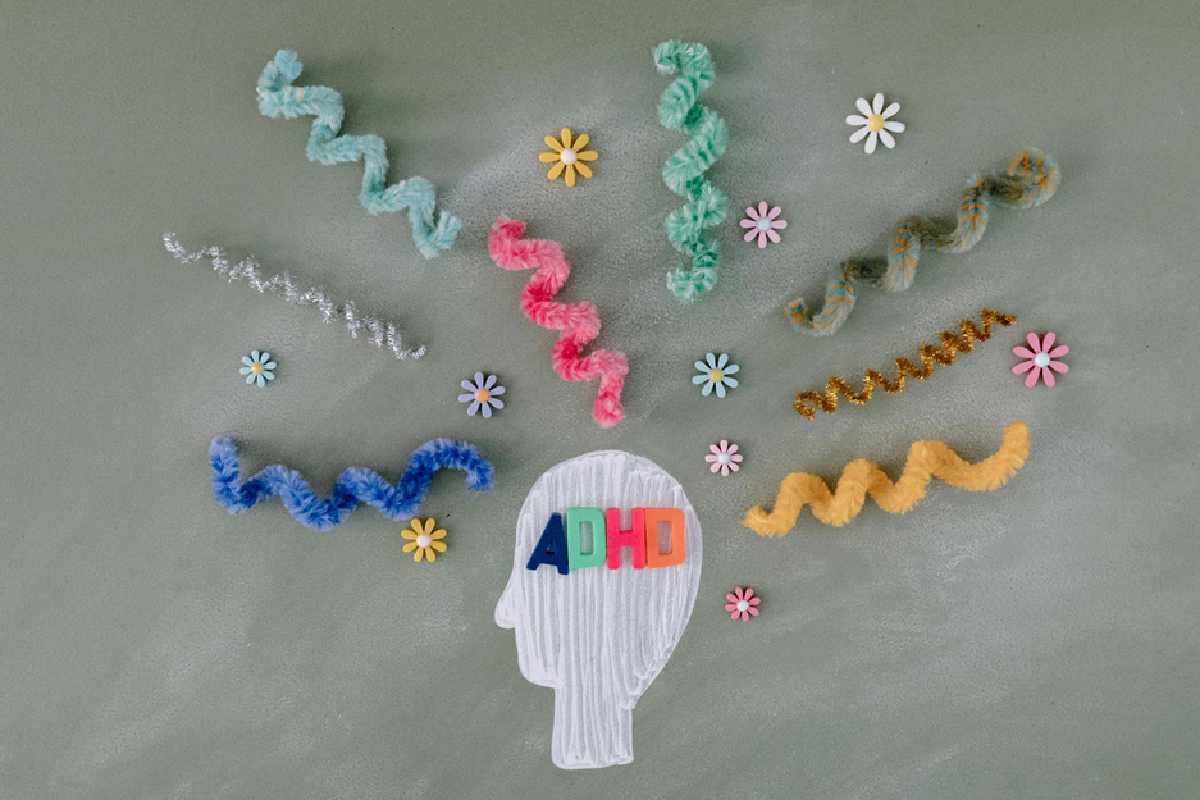The treatment of Attention-Deficit/Hyperactivity Disorder (ADHD) has long relied on a mix of behavioral therapy and medication. But as science advances, so too does our understanding of the origins and mechanisms of this common neurodevelopmental disorder. Genetic research plays an increasingly significant role in ushering in a new era of ADHD treatment, promising more personalized and effective interventions.
The Genetic Code: A New Frontier
The diagnosis of ADHD has traditionally been a complex, labor-intensive process involving detailed behavioral assessments. However, recent advances in genetic research suggest exciting alternatives. Scientists have identified several gene variants that influence neurotransmitter pathways associated with ADHD symptoms. These discoveries hint at the possibility that understanding an individual’s genetic makeup could offer tailored treatments, optimizing benefits, and minimizing side effects.
Personalized Treatment: The Genetic Prescription
Current ADHD medications generally aim to amplify the effects of dopamine and noradrenaline in the brain. While they can be effective, these treatments are often accompanied by side effects. Herein lies the potential game changer: by decoding the individual genetic profiles linked to ADHD, clinicians could tailor pharmacological interventions with impressive precision, thereby enhancing efficacy and reducing adverse effects. Genetic insights may guide the choice of stimulant or non-stimulant treatments, varying dosages based on individual genetic susceptibilities, and even address emotional and cognitive facets of the disorder.
As these genetic insights develop, understanding advances rapidly. In particular, genetic testing for ADHD medications can guide clinicians in predicting individual responses to various treatments, effectively reducing the trial-and-error approach currently prevalent in medication selection. Such innovations not only promise better patient outcomes but also significantly improve medication compliance.
This approach not only promises better outcomes but is also likely to increase compliance. When patients experience fewer side effects and notice improvements in their symptoms through personalized treatments, they are more likely to adhere to prescribed regimens. Building a treatment plan around an individual’s genetic blueprint fosters a collaborative relationship between patients and healthcare providers, making the entire process more patient-centered.
Epigenetics: The Influencer of Genes
The excitement doesn’t end with gene variants. Epigenetics – the study of how external factors influence gene expression without altering the DNA sequence itself – introduces further potential. In ADHD, environmental factors such as stress, diet, and lifestyle choices are crucial. Epigenetic modifications could thus significantly influence the expression of ADHD-related genes. The immense promise here lies in harnessing strategy-based interventions that can tweak or modify these epigenetic markers, offering another layer of personalized treatment.
In recent years, researchers have begun exploring ways to integrate epigenetic therapy with existing ADHD treatments. By combining traditional medications with interventions aimed at modifying the epigenome, there is potential to achieve more comprehensive care that not only addresses symptoms but also targets the underlying biological triggers. Nutrition, mindfulness, and other lifestyle changes can play a role in unlocking the therapeutic power of the epigenome.
Roadblocks Ahead
Despite these exciting prospects, challenges remain. Genetic research in ADHD is in its nascent stages, hindered by the complexity and variability of the disorder. Gene-environment interactions are complex and multifaceted, making it difficult to pinpoint the exact influences of the environment versus genetics. Additionally, questions of privacy and ethical concerns loom large as genetic testing evolves, especially in how much data sharing is permissible or advisable.
Amidst these hurdles, collaboration among stakeholders, including families, research institutions, and pharmaceutical companies, will be indispensable. Building an understanding of the long-term impacts of genetic and epigenetic treatment strategies requires substantial investment and resources. Establishing clear protocols and addressing ethical considerations will be necessary to protect the rights and privacy of individuals while fostering innovation.
The Promise of a Molecular Approach
While hurdles exist, the molecular approach to ADHD treatment is not something to be dismissed outright. For pharmaceutical companies and researchers, this heralds significant opportunities for innovation and patient-centric drug development. Moreover, for parents and caregivers, the hope is for targeted treatments that acknowledge the unique genetic ‘thumbprint’ of each individual affected by ADHD.
Looking Ahead
The journey towards the future of ADHD treatment requires interdisciplinary cooperation, combining genetics, psychiatry, pharmacology, and ethics. As obstacles are gradually overcome, the genetic lens promises a future where ADHD is managed with a column tailored to the individual’s genetic makeup, maintaining a delicate balance between scientific possibility and ethical responsibility.
The commitment to advancing genetic research in ADHD should extend to educational outreach, enabling patients and families to make informed decisions. Providing comprehensive information about the genetic basis of ADHD and its treatment options can empower individuals to participate in their care journey actively. This power of knowledge is key in reshaping public perception of ADHD, where understanding gives way to empathy and informed action.



